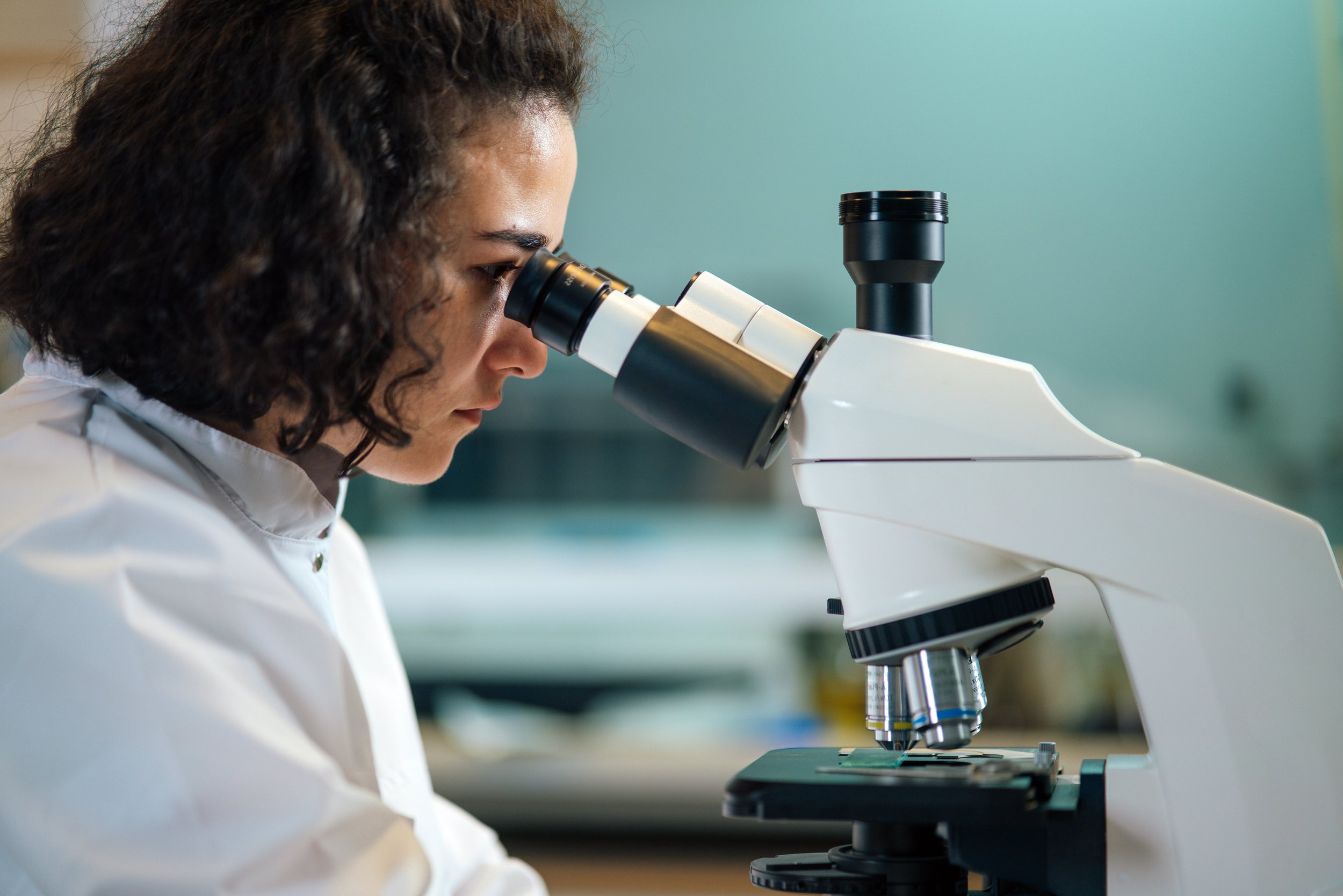Science versus the Scientists: Why the Narrative Isn't Always the Truth
Science is often seen as an objective and impartial pursuit of knowledge. It is based on empirical evidence and rigorous testing, and its findings are supposed to be free from biases, conflicts of interest, or any other subjective influences. However, the reality is far from ideal, and the scientific community is not immune to the human foibles of biases, prejudices, and vested interests.
Scientists, like any other human beings, have their own set of beliefs, values, and world-views that shape their thinking and behaviour. They can be influenced by their personal biases, the biases of their colleagues, funding agencies and the desire for future grants, or the political and social context in which they operate. These factors can lead to a distortion of scientific findings and a bias in the interpretation and dissemination of results.
One major challenge that the scientific community faces is the issue of conflicts of interest (COI). Such conflicts can arise when scientists have financial, professional, or personal ties to industries or organisations that may benefit or be harmed by the outcomes of their study. This can influence those research outcomes in problematic ways, leading to deliberate omissions or unsubstantiated conclusions. For instance, suppose a fossil fuel company funds a research project on carbon offsets. In that case, there is a risk that the findings will be skewed or misrepresented to serve the interests of the sponsor, regardless of their accuracy or validity. Similarly, a pharmaceutical company that funds a clinical trial may have a vested interest in demonstrating the effectiveness of its drug, even if the results are not entirely conclusive. In either case, there is a risk that the findings will be manipulated or misrepresented to serve the interests of the sponsor, potentially undermining the integrity of the research and its usefulness to society.
Another challenge is cognitive dissonance, which refers to the discomfort people feel when they encounter information that contradicts their beliefs or values. Scientists are not immune to this phenomenon, and they can sometimes rationalise or downplay evidence that challenges their assumptions or hypotheses. In extreme cases, they may even suppress or ignore data that undermines their theories or findings.
Moreover, the scientific community is not immune to the influence of power dynamics. Scientists who hold positions of authority or influence can shape the research agenda, decide which topics are worthy of study, and influence the interpretation and dissemination of findings. This can result in a bias in the allocation of resources, funding, and recognition, favoring certain groups or perspectives over others.
All these factors can lead to a distortion of the scientific narrative and a gap between reality and those of the scientific findings. This is very bad for the public perception of science. The media, policymakers, and the general public often rely on the authority of scientific research to inform their decisions, but the scientific narrative can be shaped by a variety of factors that are not always transparent or unbiased.
Addressing the challenges of conflicts of interest, biases, and suppressed information in science is essential for ensuring that the scientific narrative reflects the truth. To achieve this goal, scientists must disclose any potential conflicts of interest, and research findings should be subject to rigorous peer review and replication. But the sheer volume of submitted papers is becoming challenging to the peer review model, while replication is becoming a dwindling discipline because funding agencies and journals prioritise novel research papers over replication studies. Does AI hold some answers here? Maybe but the reference data and prompts will need to be very transparent in order to avoid induced biases.
Bias is not limited to research but also permeates the realm of Environmental Assessment. Corporate clients do not need to explicitly demand a positive environmental impact statement from a consultant, but future contracts likely depend on one. But this issue can be resolved by government implementing a system that randomly allocates from a pool of accredited consultants. By removing the linkage between report and future contracts, the consultant has no incentive to ‘modify’ their submissions to the client. In addition, government agencies and policy makers must ensure that funding and development decisions are based on complete, uncensored scientific information, rather than political or commercial considerations and that means political donations need to be an aberration of the past. This approach can help address the issue of suppressed information and ensure that scientific knowledge is not distorted to serve the interests of those in power.
Furthermore, scientists need to be aware of their biases and world-views and strive to minimise their influence on their research. Again, this is not easy but open, rigorous, uncensored debate is critically important, as is objective curiosity. All scientists should be open to constructive criticism and feedback, and they should be willing to revise their theories or findings in light of new evidence.
Science is an inherently unbiased, systematic approach to gaining knowledge but how it is deployed is not infallible, and scientists are not immune to biases, conflicts of interest, and other subjective influences. However, by promoting transparency, accountability, self-reflection and incorporate systemic checks and balances into the profession, the scientific community can ensure that the scientific narrative reflects the truth if they so desire.


